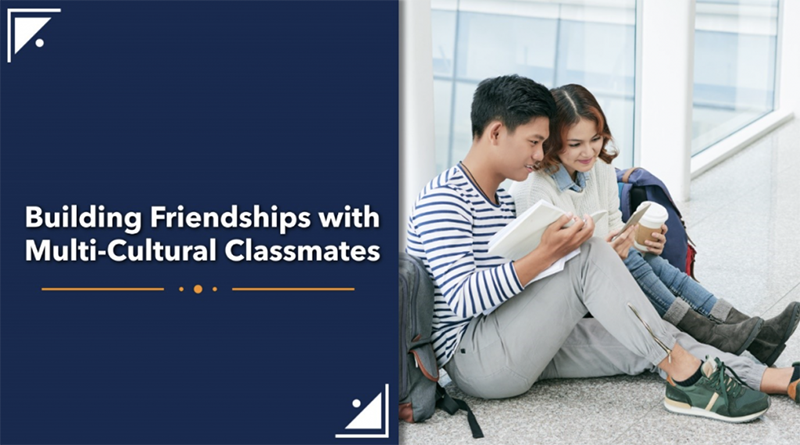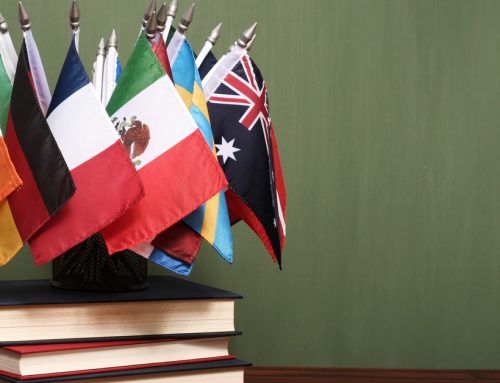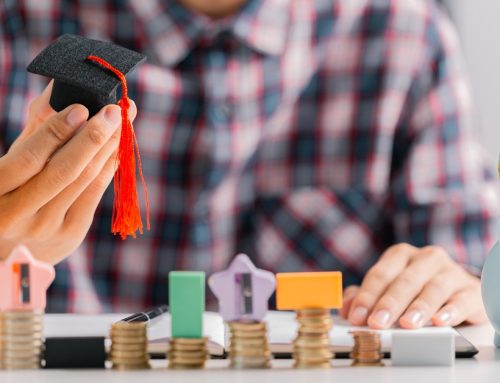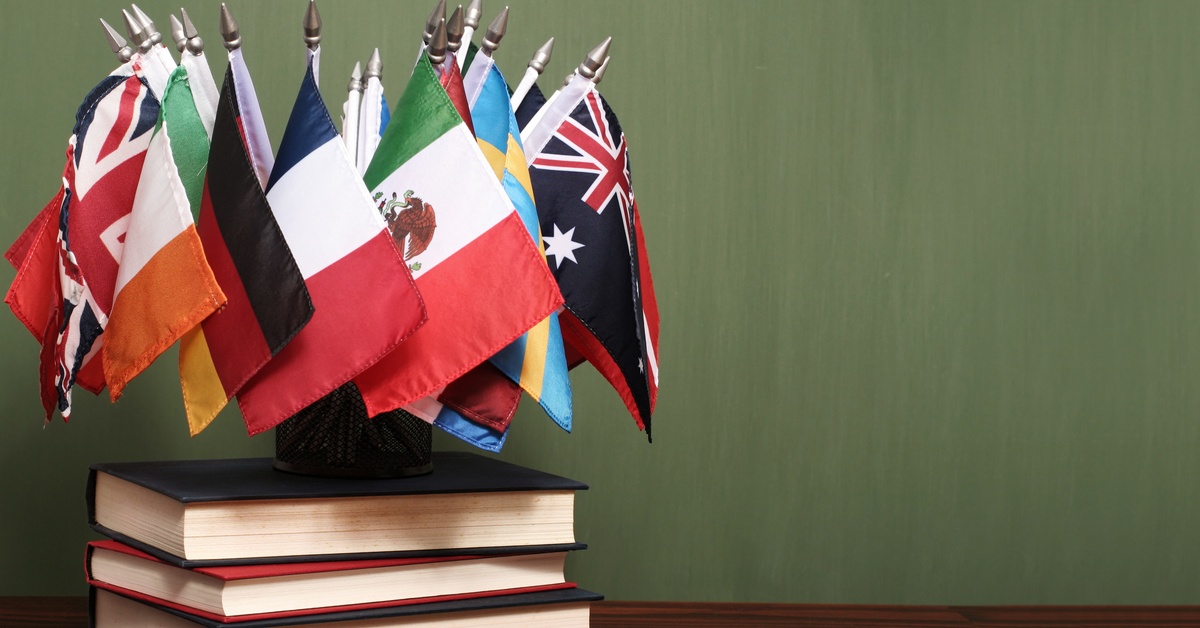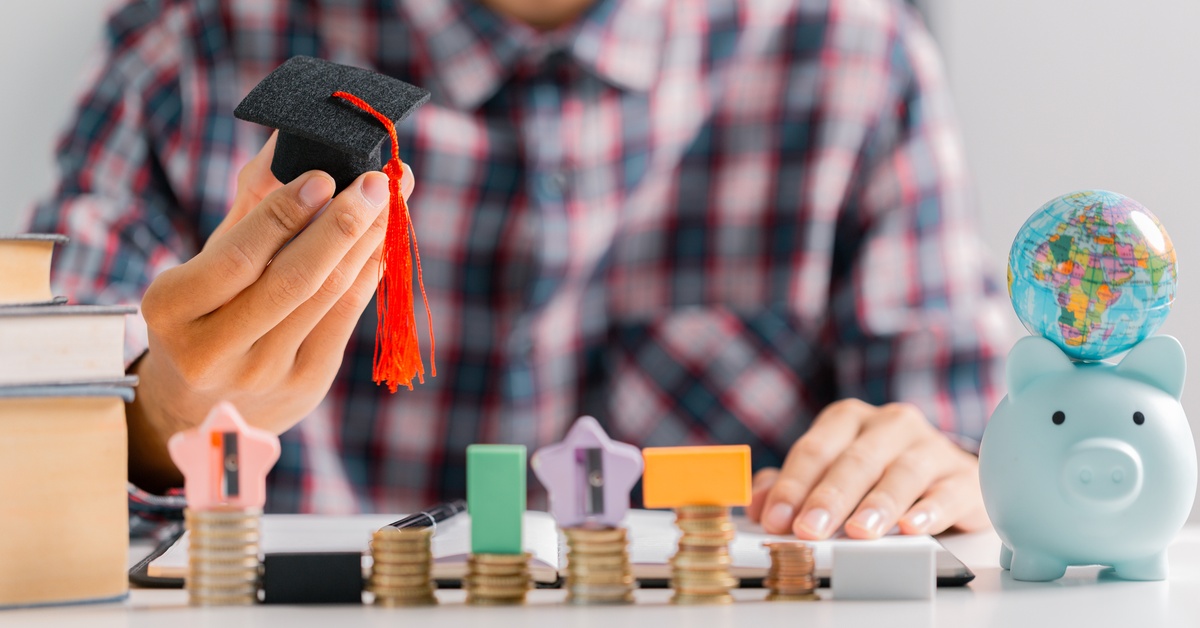Attending classes of any kind in an overseas learning environment means you will inevitably be surrounded by people of different nationalities, cultural backgrounds, religions, and more. You may wonder how you can build thriving and meaningful friendships with people who are all so different from you.
Here is some advice on building friendships with multi-cultural classmates.
1. Be Proactive
The first thing that will help you build friendships in this environment is being proactive. Try to be the one who initiates conversations and gets things moving because if you’re not, and your classmates don’t either, there won’t be any progress. In a group of a dozen or more international students, it might take one or two of you to get the ball rolling. So why not be the one to set the example?
2. Ask Questions
Every good friendship typically begins with an ice-breaker. Once that initial tension is removed, a friendship can quickly flourish. You might find that friendships with multi-cultural classmates who are with you temporarily grow faster because you both know that you might not have a long time to spend together.
When choosing questions to ask, there are some do’s and don’ts. For instance, it is better to avoid questions that highlight or emphasize the differences between the two of you.
Questions should be as easy-going as possible, focusing entirely on what you have in common with that person. For example, things like food, music, fine art, movies, TV are all things people commonly enjoy regardless of their background. So ask them about those things first to get things moving, and perhaps save the more personal questions for when you know them better. It’s also good to think of questions that have a natural “and you?” that can be used as a way to continue the conversation.
3. Be Open
You more than likely won’t be the only one in your class asking questions in the group. So remember to answer any questions that come your way, keeping an open mind and open heart. If you close yourself off too much from your classmates, then it’s hard to connect with them, and it’s that connection that you start with that becomes the foundation for a lasting and meaningful friendship.
We’re not saying that you should openly broadcast all of your deepest and most personal secrets, because of course, that could equally harm your potential friendships. However, you should receive questions openly and offer up meaningful answers. This communication can help you bond with others.
4. Your Differences
The differences between you and your classmates may be easy to see. For example, there could be differences in the way you dress, talk, pray, and much more. However, when we focus entirely on our differences, it’s hard to build genuine friendships because there is no common connection at the heart of the relationship.
However, we don’t mean that you should never talk about your differences. Some things that separate you may become the source of interest and even mutual amusement. That can also strengthen a foundation, but it is unlikely to be the principal foundation.
5. Socialize
The best way to build on your fledgling friendships with classmates is to socialize outside the classroom or campus. Find places of mutual interest and enjoyment and go there in pairs or groups. The change of scenery is an incredible catalyst to help you connect and build on your new friendship.
What’s interesting is that when you get your classmates together in a new environment like a restaurant, bowling alley, a visit to the park, or something else, you’ll most likely get a “shake up” effect. You’ll find yourself with those you might not always talk to during class or when you’re in the learning center. As a result, you gain new perspectives and form more lasting and meaningful bonds.
6. Attend Cultural Events
Finally, a class of multi-cultural students will inevitably mean students from the same backgrounds will gather together to celebrate their shared cultural events. These might be religious festivals or national holidays of their home countries. It’s great to participate in these events. You can have a good time and get to sample some fantastic food from that person’s home country. Another good reason is that you will connect more closely with that person, especially as they may reciprocate and attend your cultural events.
In the end, the most important thing when building friendships with multi-cultural classmates is to always stay laser-focused on the things that bring you together and not those that separate you. This is the strong bedrock on which all friendships are built.
CSI is proud to be an academic home to students from over one hundred countries. If you’d like to experience a multi-cultural learning environment and have an opportunity to make lifelong friends with an exceptional learning experience, contact us today.

